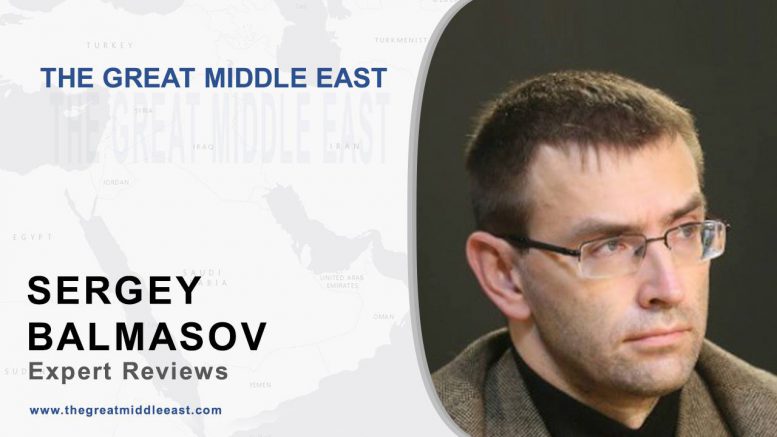Syrian topic remains relevant in political, military and diplomatic circles of both Washington and Moscow. Here is an interview with Sergey Balmasov, the expert of the Middle East Institute and RIAC.
Recently, the Russian contractor Mikhail Shirokopoyas died in Moscow. Are there any exact statistics on Russian losses since the start of operations in Syria? And mostly, under what circumstances have the Russian soldiers died in Syria?
According to official statistics, 11 Russian soldiers were killed in Syria. These figures do not apply to mercenaries from PMCs and other entities. If we consider the practice of disclosure of losses in the conflict, it can be assumed that the actual loss can be way, if not several times, higher.
If we analyze publicly available information, many were killed in the attacks on the columns, by the official version with “humanitarian aid”, that is, apparently, from the ambush. There is not yet confirmed version that at least part of the soldiers may have been killed as a result of information “leaked” to mujahedeen by the Syrian government. This is not surprising, because, according to various sources, for jihadists the price of the “head” of the Russian soldier in Syria, depending on the rank, varies from 50 to 150 thousand dollars.
More than 50 staff members of the State Department have signed an internal memorandum, sharply criticizing the policy of the Obama administration in Syria. In particular, it says that the United States should take military action against Bashar al-Assad, to curb the constant violations of the cease-fire by the Syrian authorities. How do you think, what would be the Kremlin’s reaction if the current or the next administration does choose to take this step?
State Department officials are not decision-makers on this issue and it’s not even the president. It is necessary for him to enlist the support of the Congress. So far, it seems doubtful that Obama is ready to unleash another war before the end of his term. And even if the Republicans win, it is unlikely that they will immediately seek to start “another Iraq”. This is a forecast for the nearest future – before the end of 2016. And what will happen then – it is meaningless to guess, there are too many details that can radically affect the balance of the situation. And numerous news reports about the presence of “hawks” among American leadership (including the military), advocating for the solution of “Assad problem”, are largely reflections of:
A) US internal political problems and aspirations of the Republicans to at least somehow “blame” Obama for “foreign policy failure”, if they cannot do it for domestic one, and
B) a desire to influence Russia. For Americans, the “Syrian card” is still a bargaining card. The question is – what do they want for it, and in what respects.
Russia and Syria signed an agreement on the restoration of infrastructure in Syria for a total amount of €850 million. In your opinion, given the catastrophic situation of the Syrian economy, who will pay for it? Will this turn out to be a non-repayable aid from Russia?
Of course, it is not a loan. But it is not a free aid either. This is, in fact, a contribution to guarantee the preservation of Russian influence (not only military) in the country. However, these proceeds will not solve the problem. The recovery of the Syrian economy will require hundreds of billions of Euros.




Be the first to comment at "Sergey Balmasov: For Americans, the “Syrian card” is still a bargaining card"